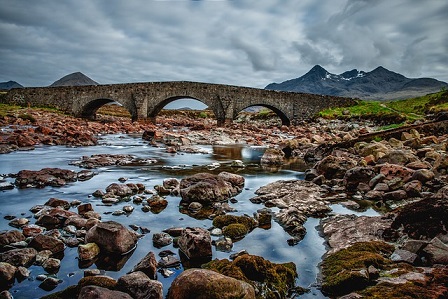 Nitrogen and phosphorus are great for nurturing crops, but when they drain into our lakes, rivers and streams they become pollutants that get into our drinking water.
Nitrogen and phosphorus are great for nurturing crops, but when they drain into our lakes, rivers and streams they become pollutants that get into our drinking water.
While woodchip bioreactors have proven useful in removing nitrates from the water, low-cost methods of removing phosphates have proven to be more elusive according to researchers.
Current research is being conducted by Assistant Professor of civil and environmental engineering Guanghui Hua of South Dakota State University, in collaboration with Associate Professor of Agricultural and Biosystems Engineering and SDSU Extension Water Management Engineer Chris Hay.
The research project, which began in March 2014, is supported by a U.S. Geological Survey grant through the South Dakota Water Resources Institute, East Dakota Water Development District, SDSU Water and Environmental Engineering Research Center and the Department of Civil and Environmental Engineering.
According to Hua, phosphates are the leading cause for algae growth in natural water bodies, and as Hay pointed out, dissolved phosphorus is readily available for use by algae. Some algae not only consume oxygen, but also release toxic substances into the water.
The research project is testing various types of steel by-products from machine shops to ascertain their phosphate removal capacity; it has been found that when steel shavings rust, iron oxides form on the surfaces and react chemically, binding with phosphate ions thereby removing phosphates from the drainage water.
Batch adsorption tests were performed by the researchers to determine the maximum capacity for each type of steel, and have found that carbon steel works better than stainless steel because the iron oxide on carbon steel surfaces is highly reactive with phosphates.
Further research is being undertaken with both the steel by-products and the wood chips, with researchers evaluating an eight hour flow-time through steel by-product and a 24-hour flow time through the wood chips. A three-month trial of continuous operation has consistently exhibited 100 percent removal of nitrates and phosphates.
It is hoped that when the research is complete there will be an affordable method of ridding the water of these toxins, making the drinking water and even that used for recreation and the wild-life environment much safer for all.
Rent a water cooler and buy water coolers online from Living-Water Ltd. Get a bottled water cooler or mains water cooler in London.





